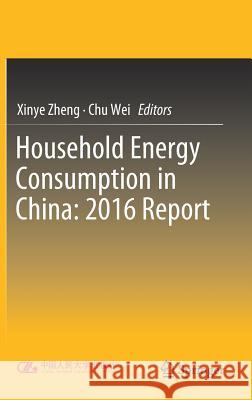Household Energy Consumption in China: 2016 Report » książka
topmenu
Household Energy Consumption in China: 2016 Report
ISBN-13: 9789811375224 / Angielski / Twarda / 2019 / 292 str.
Kategorie:
Kategorie BISAC:
Wydawca:
Springer
Język:
Angielski
ISBN-13:
9789811375224
Rok wydania:
2019
Wydanie:
2019
Ilość stron:
292
Waga:
0.60 kg
Wymiary:
23.39 x 15.6 x 1.91
Oprawa:
Twarda
Wolumenów:
01
Dodatkowe informacje:
Wydanie ilustrowane











